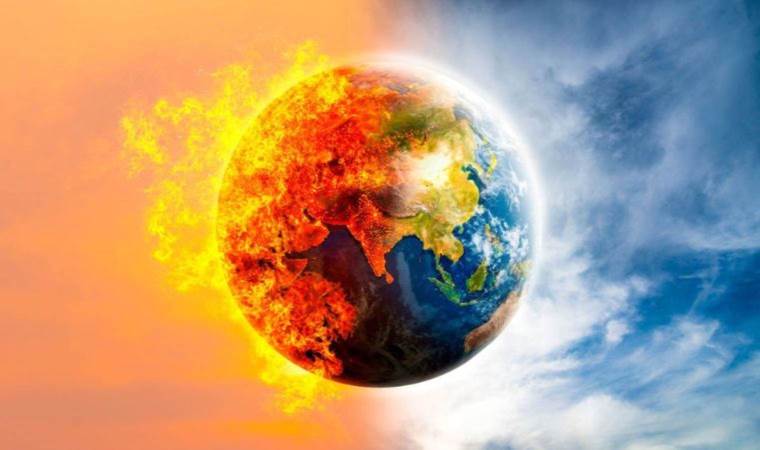Unprecedented climate fears after record hot March
El Niño, a significant weather phenomenon, is partly responsible for the recent temperature rise. While the effects of El Niño are expected to subside in the upcoming months, bringing a temporary dip in temperatures, some scientists remain concerned they might not decrease sufficiently.

Gavin Schmidt, director of NASA's Goddard Institute for Space Studies, expressed his apprehension to BBC News, stating, "If we're still witnessing record-breaking temperatures in the North Atlantic or elsewhere by the end of summer, we really will have entered uncharted territory." March 2024's temperatures were 1.68°C above the pre-industrial average, as reported by the EU's Copernicus Climate Change Service, showcasing a rising trend over time.
Despite these unusual temperature increases, the long-term warming trends are still aligning with expectations, and most researchers are not ready to declare a new climate phase. However, the warmth at the end of 2023 remains difficult to fully explain. The March temperature record, intensified by El Niño and fossil fuel emissions, was anticipated, yet temperatures started surpassing records significantly as early as September, before El Niño reached its peak, leaving scientists puzzled.
Dr. Schmidt highlights the challenge in making future predictions, noting, "Our predictions for 2023 were dramatically off, and if our previous statistics are unreliable, predicting the future becomes much more difficult."
Echoing this concern, Dr. Samantha Burgess from Copernicus pointed out the struggle to understand why temperatures rose so sharply last year and how long this trend might persist. The current El Niño is fading and expected to give way to a La Niña phase, which typically leads to a temporary cooling. However, the exact development remains uncertain.
Scientists like Michelle L'Heureux from the NOAA Climate Prediction Center and Dr. Angélique Melet from Mercator Ocean International stress the urgency of reducing emissions to combat global warming. Dr. Melet emphasized the critical window available to mitigate climate change impacts by cutting emissions, warning that inaction could normalize the conditions of 2023. "The speed of change depends on us," she concluded.



